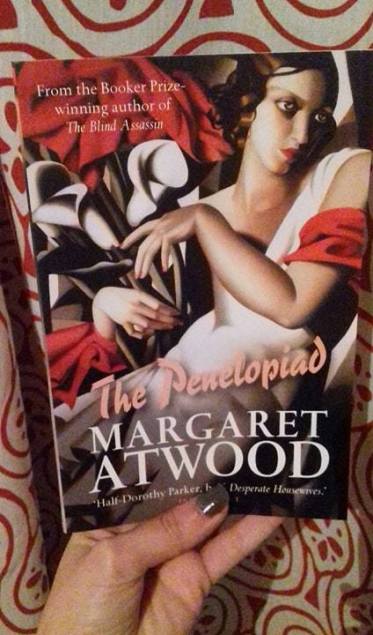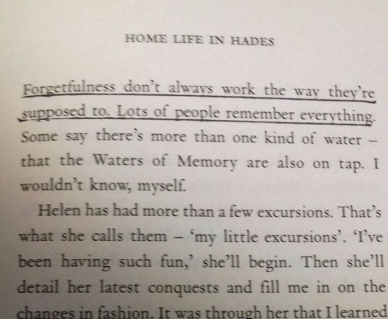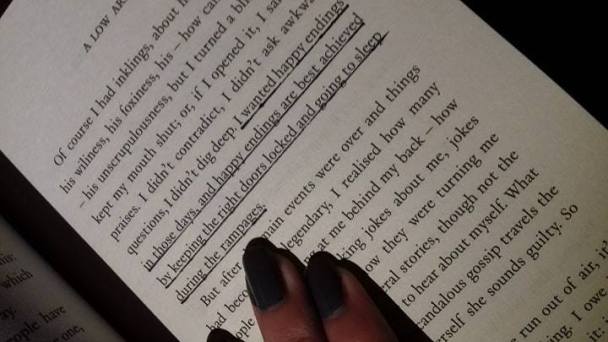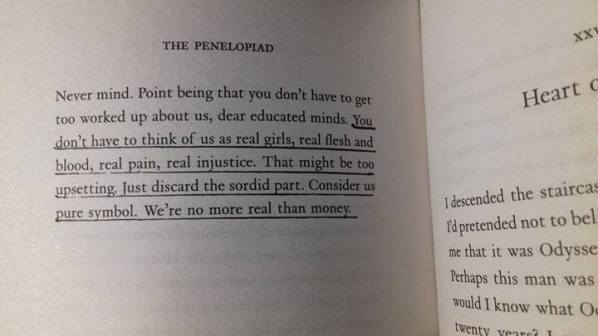
Upon hearing that Atwood has written a book about Penelope narrating in a sense The Odyssey from a female perspective I was very intrigued to read this novel. The Penelopiad though is not exactly that. Yes, Penelope is the protagonist, as well as the narrator of the novel but the novel is definitely not an epic.
Atwood gives voice to a female character that has not actually been heard in the past, it is exactly this element of the novel that I found interesting. Everyone knows about Odysseus, he was clever and a trickster and a big hero and he also managed to choose a good wife, that remained faithful to him during the ten years the Trojan war lasted and the other ten years that took him to come back. But what do we know about Penelope? Well, that she was faithful, patient and she tricked the suitors by weaving a web throughout the day and destroying it during the night.

What I am trying to say is that Atwood could present a strong female character, an independent woman but instead she voices Penelope only to repeat the things we already knew about her and to express her hate and jealousy towards Helen. Even at the times Penelopy is proved to be clever, it seems as if she is looking for a verification from the reader and it was kind of disappointing in my opinion. This is actually what I find frustrating about female characters that appeared in mythology or in ancient greek and roman literature. Every time someone is trying to give them a voice, they end up with a whisper and are still overshadowed by the man who kept them silent in the first place.

What I liked about the novel was that Atwood paid attention to the murder of the twelve maids by Odysseus, which is an incident that has not been touched upon a lot. To tell you the truth I had completely forgotten about them. What Atwood does not achieve by voicing Penelope she achieves by voicing these twelve girls, leading the reader to get to know them. She recreates their pasts, their feelings and thoughts and she does so through poems or little plays that she includes among the chapters. In my opinion the parts concerning the maids are the ones that are best written and that do offer a complete new insight to Odysseus and Penelope’s characters.

Generally it was not a bad novel, I think it was my expectations that got in the way. It is very easy to read (I read it in one day) and I do believe that some parts make you think. Atwood’s novel clearly mocks the epic and combines its elements along with those of the novel and the chorus of tragedy. The story of the twelve maids is the most interesting part in my opinion and the novel is worth reading for that part.
The edition I read is: Atwood, Margaret. The Penelopiad. Cannongate, 2005.
You can buy a copy with free shipping here.

